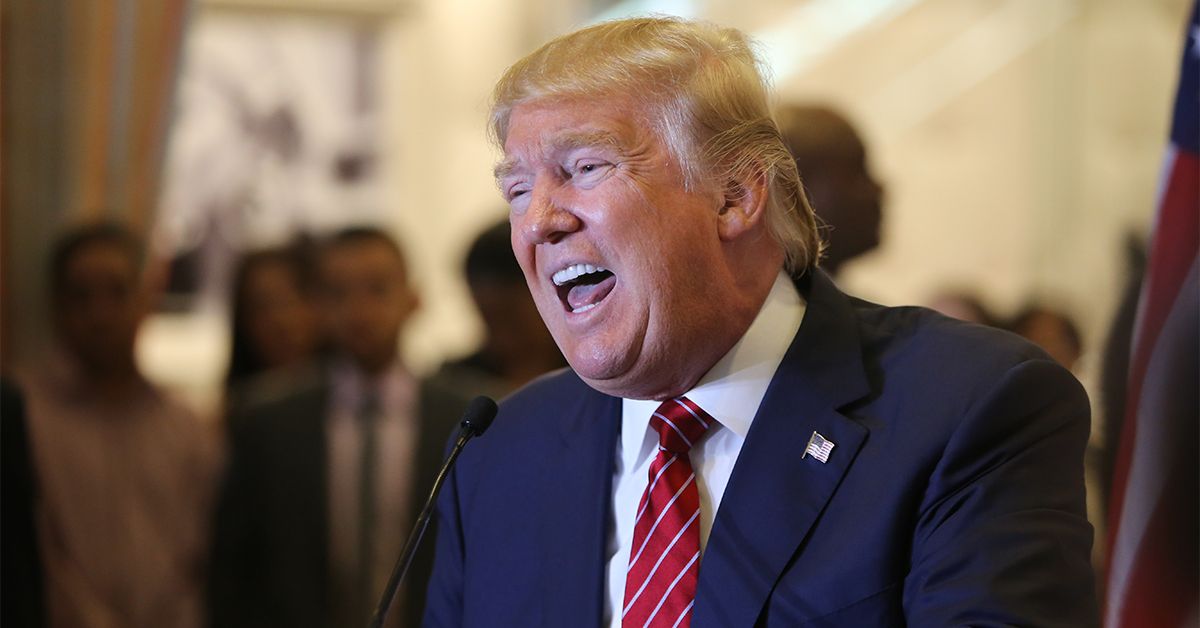In the months after the 2016 U.S. presidential election, a popular Internet meme suggested that the newly-elected Donald Trump had said in the 1990s that politics is boring and unprofitable:
We searched Newspapers.com archives and found no major newspaper in the 1990s that quoted Trump saying such a thing, nor did we find the quote in any major publication with an Internet archive. Further, it's unlikely that Trump would have held the untrue belief that there's "no money" in politics. The famed businessman, who has donated more than $1.5 million to both Democratic and Republican politicians, likely would have been aware that there is indeed money in American politics and that the net worth of individuals tends to increase after holding the office of the presidency.
Around the time the meme became popular, Trump's 1990 interview with Playboy magazine gained attention for quotes articulating opinions that would later become cornerstones of Trump's presidential campaign. When asked about which political party he would join if he ran for office, Trump picked the Democratic party — but only because at that time he perceived it to be the party of average American worker:
Well, if I ever ran for office, I’d do better as a Democrat than as a Republican — and that’s not because I’d be more liberal, because I’m conservative. But the working guy would elect me. He likes me. When I walk down the street, those cabbies start yelling out their windows.
He also made comments about trade and criminal justice:
A group of Japanese visitors to New York was recently asked if there were anything in the U.S. they would like to buy. The answer: towels.
That’s fair trade: They’ll take the towels and we’ll buy their cars. It doesn’t sound like a good deal to me. They have totally outsmarted the American politician; they have no respect for us, because they’re getting a free ride. Of course, it’s not just the Japanese or the Europeans–the Saudis, the Kuwaitis walk all over us....
You have taken out full-page ads in several major newspapers that not only concern U.S. foreign trade but call for the death penalty, too. Why?
Because I hate seeing this country go to hell. We’re laughed at by the rest of the world. In order to bring law and order back into our cities, we need the death penalty and authority given back to the police. I got fifteen thousand positive letters on the death-penalty ad. I got ten negative or slightly negative ones.
So remarkable were the similarities between Trump's positions on topics like trade, wealth inequality, and "law and order" that the New York Times in 2016 called the interview in Playboy a "glossy time capsule":
Twenty-six years ago this month, Donald J. Trump sat down with Glenn Plaskin, a celebrity columnist, and, over a glass of chilled Coke, offered a grievance-filled economic agenda, a searing denunciation of weak-kneed American leadership and a keen understanding of his appeal to blue-collar Americans that uncannily resembled the White House campaign he is waging today — without Twitter, which didn’t yet exist.
A glossy time capsule, the interview is testament to consistency, stubbornness or stuntedness, depending on your view.


